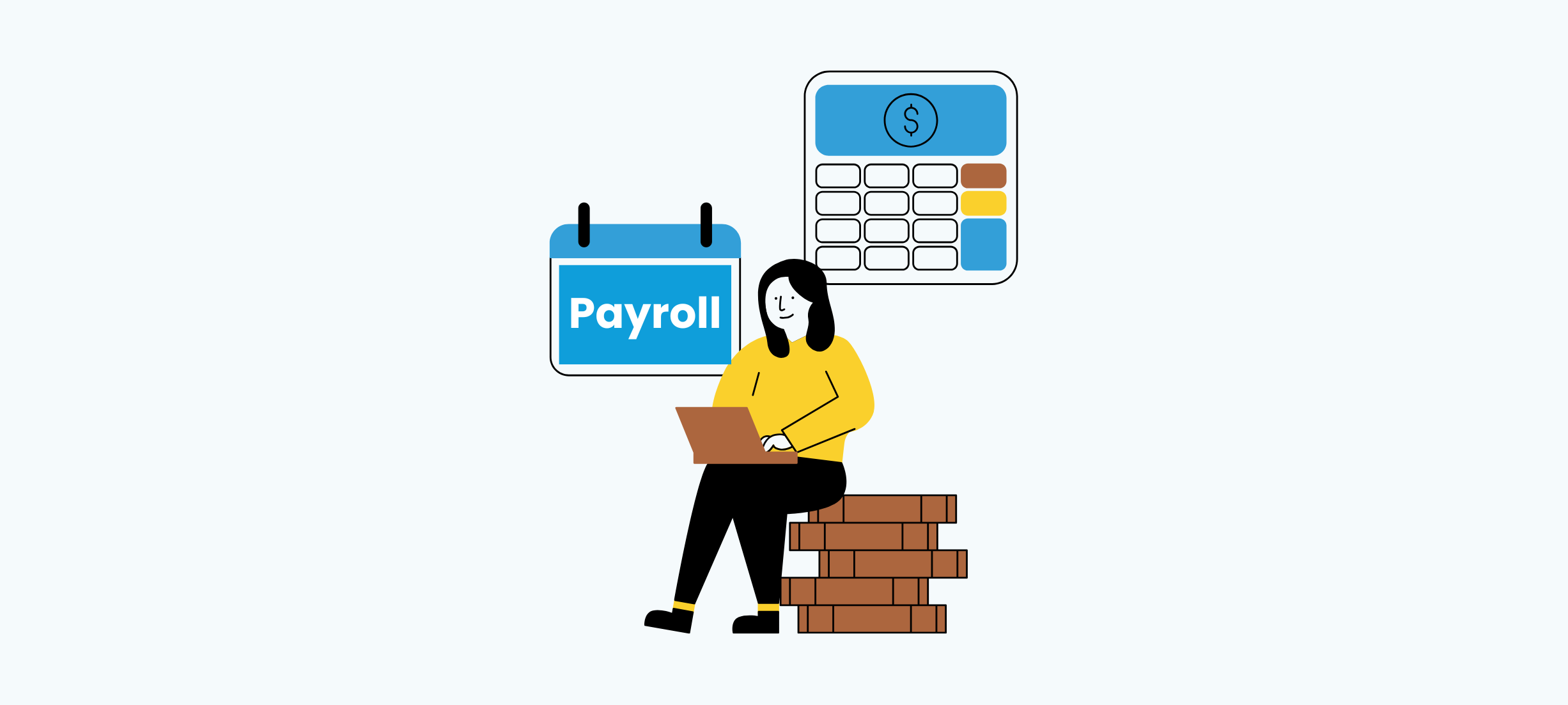
Navigating Divorce Taxes is like finding your way through a maze. As you go through a divorce, things can get even more complicated when it comes to understanding new rules for filing your taxes and sorting out financial responsibilities. Managing Divorce Taxes during and after this major life change is not something you should try to tackle alone – it's a complex task that requires assistance.
Divorce is not just an emotional rollercoaster; it can also have a significant impact on your finances, especially when dealing with Divorce Taxes. If you find yourself in the midst of a divorce or are considering it, gaining a clear understanding of how it affects your Divorce Taxes becomes crucial for making informed decisions. Getting professional guidance during this process can make a substantial difference in navigating the complexities and ensuring you meet all the necessary tax requirements.
Payments made to a spouse under a divorce or separation agreement may be considered alimony or separate maintenance. The details of your agreement affect how those payments are taxed.
If your agreement was signed in 2019 or later, payments aren't deductible by the spouse who pays them and aren't included in the receiving spouse's income.
If your agreement was signed in 2018 or before, payments are deductible by the paying spouse and included in the receiving spouse's income. The only exception is if your divorce or separation agreement specifically changes the tax treatment of your payments." rewrite this in more details.
When you're getting a divorce, you and your soon-to-be ex-spouse can split most things, like money and business shares, without causing any federal income or gift tax issues. According to this rule, the person getting the stuff keeps the same tax value (for figuring out gains or losses) and the same amount of time you've owned it (for deciding if it's a short-term or long-term thing).
For example, if you give your house to your soon-to-be ex and, in return, keep all of your business shares, this switch doesn't have any extra taxes.
If you end up being officially single at the end of the year, either because you got divorced or legally separated, there's a tax benefit. You might qualify for a bigger standard deduction if you file as the Head of Household instead of just claiming a single status.
To be the Head of Household, you need to have a dependent you're taking care of, and you have to cover more than half of their expenses. For the tax year 2022, the standard deduction is $19,400 for Head of Household, while it's $12,950 for those filing as single. Looking ahead to tax year 2023 (the one you usually file in 2024), the standard deduction is $20,800 for Head of Household and $13,850 for single status. So, choosing the right filing status can make a difference in how much you can deduct from your taxable income.
Remember, navigating divorce taxes can be challenging, but with the right information and resources, you can emerge from this process informed and empowered. Take a deep breath, grab your documents, and start your journey towards a clear understanding of your tax obligations after divorce.
If your spouse owes taxes or hasn't filed returns, you might be responsible for that tax debt. It's crucial to make sure all tax returns are filed, and any tax owed is paid. Even if you get a divorce, the court doesn't excuse you from creditors—it just decides who is responsible. If you were responsible for tax debt before the divorce, you still are after.
When you file taxes together while married, both of you are responsible for any tax, penalties, or interest. Even after a divorce, this responsibility to the IRS and your state doesn't go away. There are ways to get relief from this responsibility with the IRS, so it's a good idea to check them out before going back to family court.
Getting help when taxes feel unfair after filing together
Feeling the sting of joint tax liability due to your spouse's mistakes? You might not be stuck holding the bag! Innocent spouse relief, a powerful tool in the tax code, could shield you from a financial tsunami. This provision exists for individuals who, through no fault of their own, find themselves saddled with debt stemming from errors or omissions on a joint return filed with a spouse.
Imagine it like a financial airbag, deploying to protect you from the impact of hidden liabilities. To qualify, you'll need to convince the IRS that you were truly innocent:
The process isn't a walk in the park, but it's a path worth exploring. Here's the good news: Recent data from the IRS shows a 72% success rate for innocent spouse claims in 2022! That's a significant chance of leaving your financial burdens behind.
To navigate this journey, you'll need to file Form 8857, gathering evidence to support your claims. This might include documentation like:
Don't let fear of the IRS paralyze you. Seeking professional help from a tax attorney or accountant familiar with innocent spouse relief can be a game-changer. Remember, you have options, and with the right knowledge and support, you can navigate this path towards financial freedom.
So, chin up! There's light at the end of this tax tunnel, and innocent spouse relief might be your ticket out.
It's super important to avoid unexpected things. Just like other big life changes, getting a divorce can affect your taxes a lot. To make sure you don't end up with bad tax surprises, stay in the loop about the latest tax rules and plan ahead. This can help reduce any not-so-great tax stuff linked to your divorce. If you're unsure about the tax side of your divorce, feel free to contact us at BookkeeperLive. We're here to help, so let's set up a meeting and talk about it.
Our services go beyond just managing tax concerns. BookkeeperLive is dedicated to providing comprehensive financial support. From bookkeeping and accounting to tax assistance, we offer a range of services tailored to meet your specific needs. Our goal is to empower you with the knowledge and tools necessary to navigate financial challenges confidently.
And here's the exciting part – you can try our services for free! Book a free trial with BookkeeperLive, and experience firsthand how we can simplify your financial journey. Don't hesitate to reach out, schedule a meeting, and let's work together to ensure your financial well-being during and after your divorce.
1. Do I have to file my taxes jointly if I'm still married at the end of the year?
Not necessarily! You have two options:
2. How do I claim my children on my tax return after divorce?
The parent who provides the majority of the child's financial support for the year typically gets to claim them as a dependent. If you're unsure, consult with the tax professional or discuss it with your ex-spouse.
3. What happens to my retirement accounts after divorce?
Retirement accounts like 401 (k)s and IRAs are considered marital property and may be subject to division in your divorce settlement. A Qualified Domestic Relations Order (QDRO) can be used to transfer ownership of a portion of these accounts to your ex-spouse without incurring tax penalties.
4. What are the tax implications of selling my house after divorce?
You may be eligible to exclude a portion of the capital gains from selling your marital home, depending on how long you owned and lived in it. Consult a tax professional for specific details.
5. Do I need to update my W-4 withholding after divorce?
Yes, especially if your income or filing status has changed significantly. Updating your W-4 will help ensure you don't pay too much or too little in taxes throughout the year.
6. Where can I find more information about divorce taxes?
The IRS offers helpful resources like Publication 504, Divorced or Separated Individuals. You can also find valuable information on National Legal Aid & Defender Association (NLADA) Divorce Information Center.
7. Should I hire a tax professional to help me with my divorce taxes?
It's highly recommended if your divorce involves complex financial matters or you have questions about specific tax implications. A qualified tax professional can guide you through the process and ensure you take advantage of all available deductions and credits.
BookkeeperLive provides affordable bookkeeping and accounting services tailored to your business goals.





No calls, No meetings, No spam. Get started with a free trial by filling out the form.
*NDA included for your data protection.
Copyright © 2023 BookkeeperLive. All rights reserved. Privacy Policy Terms of Use
Enter the code, fill out the form, and unlock financial clarity with a free trial.